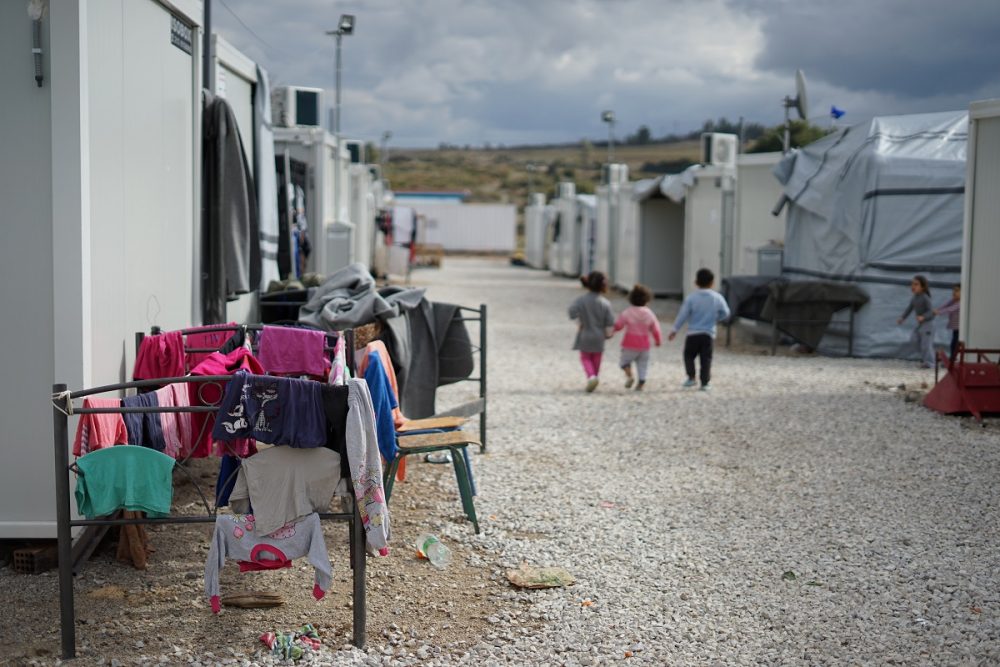
Photo by Julie Ricard on Unsplash
This WUN project will connect experts in all major regions of the world to formulate and compare culturally-grounded legal policy approaches to improve the alarming conditions of refugees and other forced migrants, a crisis that displacements from climate change will likely make much worse. International refugee law and institutions are decreasingly able to address the expanding global crisis of refugees and other forced migrants.
Most refugees find themselves in non-Western countries that are often not party to international refugee treaties. It makes sense to seek policy ideas that shape, and are shaped by, the combination of values and institutional arrangements that constitute legal cultures in diverse and regionally appropriate contexts.
The project will use a global hub-and-spoke network to advance and compare regionally-based ideas that can buttress the failing capacity of international refugee law. Three pilot projects will address expectations that forced migrant flows will grow, exacerbated by the pressures of climate change.
They will focus on Europe, the Middle East, and South Asia as sites for helping the status and rights of forced migrants in those regions and highlight European criminal law, Arab legal values and potential for regional cooperation, and South Asian legal institutions and practices. The project will also develop additional pilot projects in other key global regions.
The network will publish white papers based on the three pilot projects that illustrate the impact and sustainability of regionally-grounded approaches to legal policy towards forced migrants. The hub-and-spoke nature of the network and the completed three pilots will facilitate ongoing research to innovate promising new legal strategies to supplement international refugee law.
The WUN grant will lay a foundation for new responses to managing challenges faced by refugees and other forced migrants, including those fleeing the effects of climate change, in regional cultural terms.